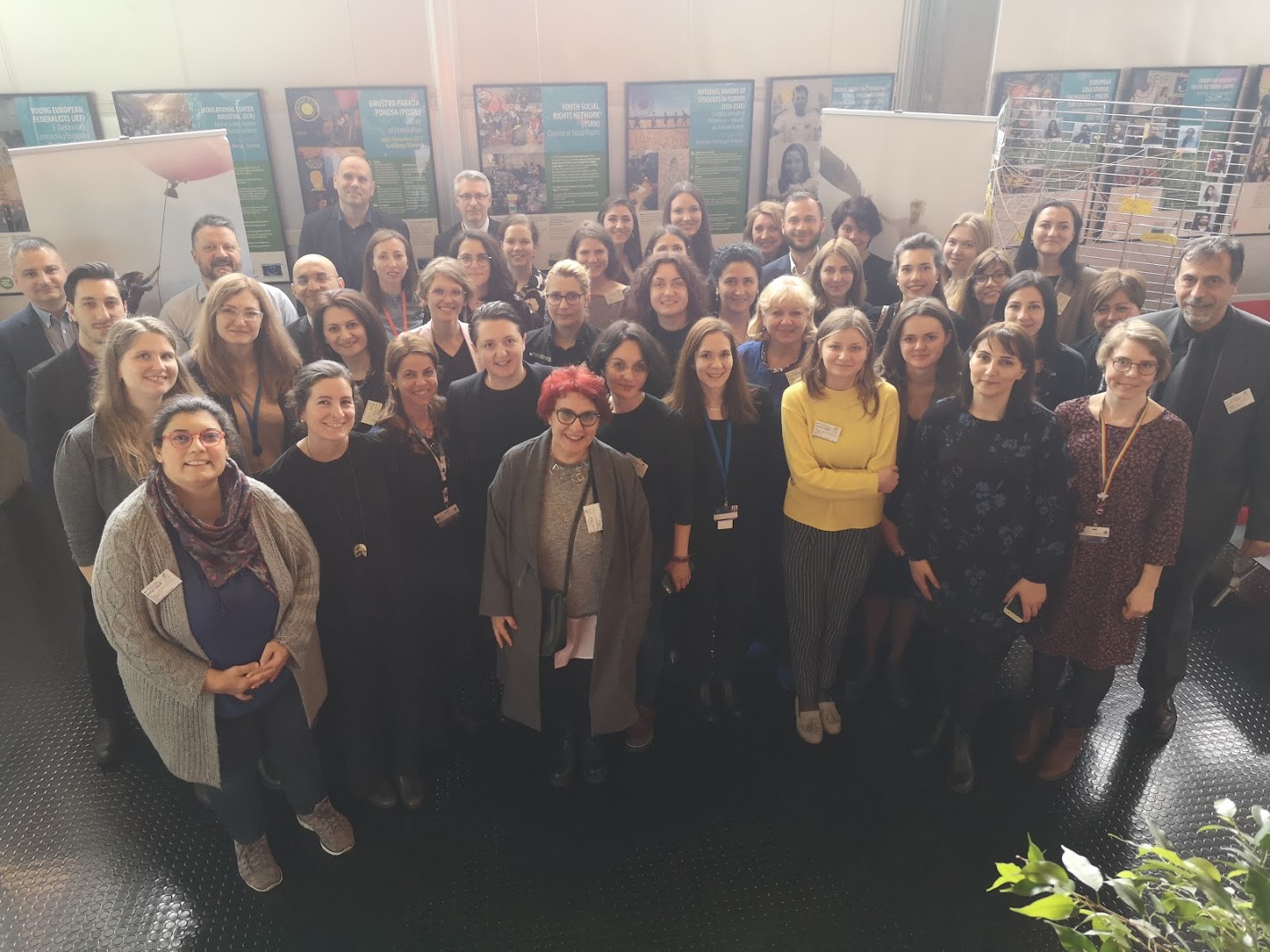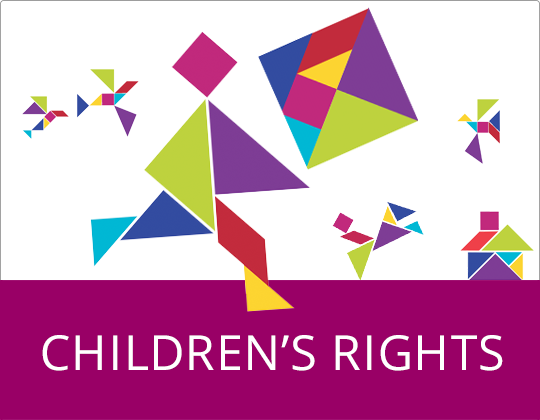Growing resistance in society to discuss sensitive issues and uphold the rights of the child, insufficient co-operation resulting in re-traumatisation of child-victims and a general lack of awareness and understanding of online child sexual exploitation and abuse (OCSEA), were among the common challenges identified by participants. The conference concluded by recommending that:
- Co-operation between CSOs within and across countries should be further encouraged;
- Child-friendly tools and accessible materials on the Lanzarote Convention should be developed;
- Awareness raising materials should be evidence-based and developed through child participation;
- Action should be taken to strengthen safeguards, ensure confidentiality of a victim’s identity and that children can report abuse even in the absence of parents or legal guardians;
- Harmful sexual behaviour among children should be dealt with through educational and public health responses, not criminal procedures requiring prosecution;
- Child participation in the implementation and monitoring of the Lanzarote Convention should be further encouraged and facilitated.
The Council of Europe gratefully acknowledges the financial support provided for this programme by the Fund to End Violence Against Children.
End Online Child Sexual Exploitation and Abuse@Europe Project webpage
Responding to Child Sexual Exploitation and Abuse in Georgia Project webpage





